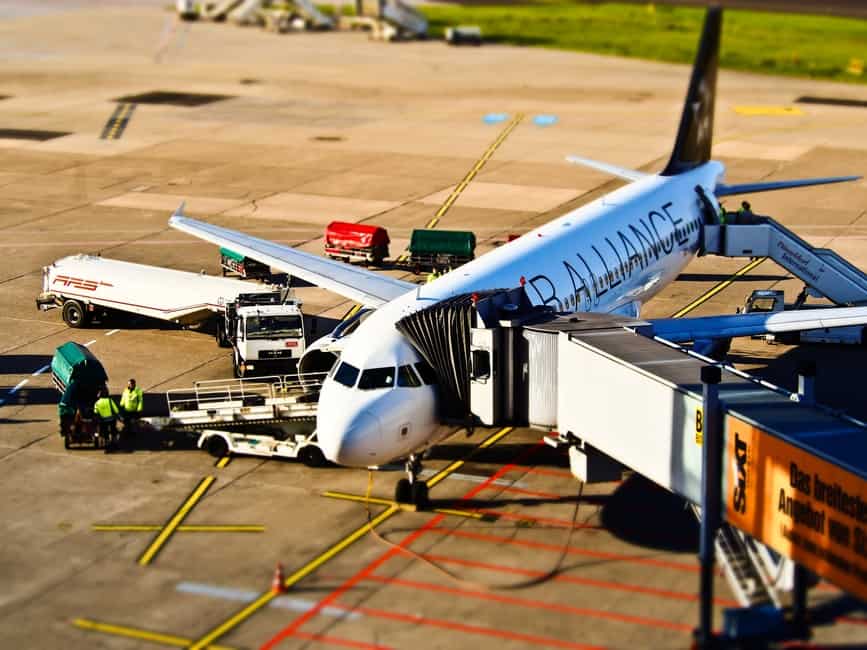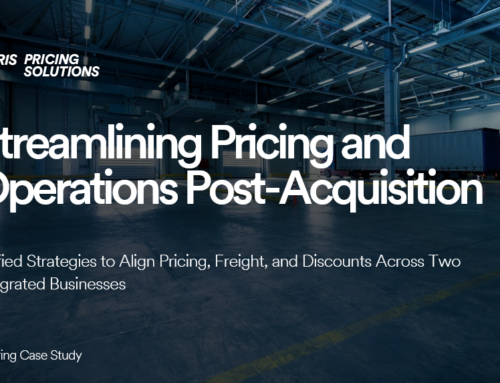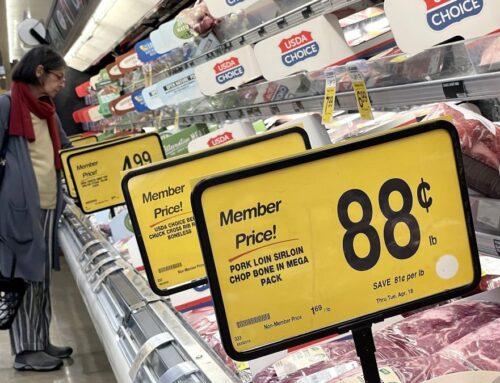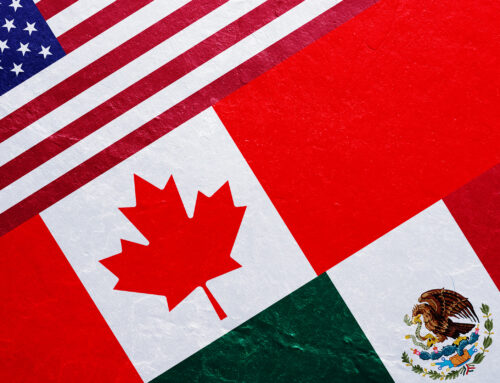by Paul Hunt – President
I know, unbelievable right? Airlines have been a leader in implementing sophisticated pricing systems, developing micro customer segmentation and optimizing profits. What does all that jargon mean? Essentially, when you are flying mid-week from Toronto to Chicago, with 1 week booking lead time, you are going to get stung with a $1,400 price tag. Thankfully that price covers your fuel surcharge as well!
I am sitting on a flight to San Diego watching a frustrated business traveler work up a sweat by trying to maneuver his carry-on into the overhead compartment. He has been at this now for 5 minutes strategically re-positioning bags and then testing his upper body strength by pushing on his bag as hard as he can.
A business traveler realizes substantial benefit by being able to easily stow a carry-on bag. Two of the most obvious benefits are:
1. The ability to exit the airport without waiting at a baggage carousel and
2. Not having to deal with lost luggage prior to an important engagement
One of my mentors says the worst thing you could do during a business trip is show up for today’s meeting in yesterday’s suit.
It’s easy to see that these benefits are substantial given that every time you get on a moderately filled flight the overhead compartments are packed to the brim. Given that there is so much value being delivered to customers through a fixed capacity resource, it makes sense to place a fee for roll on bags. Assuming 10% of Air Canada’s 2010 passenger count paid a $20 fee, it would result in incremental revenue of approximately $64 million. Assuming the majority of this falls to the bottom line, Air Canada would increase profit by approximately 15%.
If airlines were going to implement a roll on baggage fee they would have to guarantee that customers had reserved placement on the aircraft. In addition, they would have to ensure that travelers who did not pay for this service (or are not frequent flyers) did not enjoy the benefits of bringing on a roll on bag. This would obviously cause a fair amount of complaints and push-back, however a properly marketed offer and explanation would aid in overcoming these concerns.
Accountants and cost based pricers may be cringing at the prospect of forcing customers to check bags given that the airline may incur incremental labor costs related to handling luggage. It is probably cost based pricers that implemented a checked baggage fee driving more people to chase after scarce, high value overhead bin space. Carriers could minimize incremental handling costs in two ways, further encouraging automated check in and more fully leveraging the labor resources that are currently in place. Ironically, if the incremental baggage causes additional delays in the carousel system it would prompt additional customers to elect paying the roll on baggage fee thereby increasing revenue.
If your company is able to move away from a customer cost focus and instead focus on value, you will be able to uncover hidden profit levers that can be leveraged if packaged appropriately.
Paul Hunt is the president of Pricing Solutions, an international pricing strategy consultancy dedicated to helping clients achieve World Class Pricing competency. Paul publishes a monthly pricing column in the FP Executive. He also writes for the Pricing Solutions Club.





